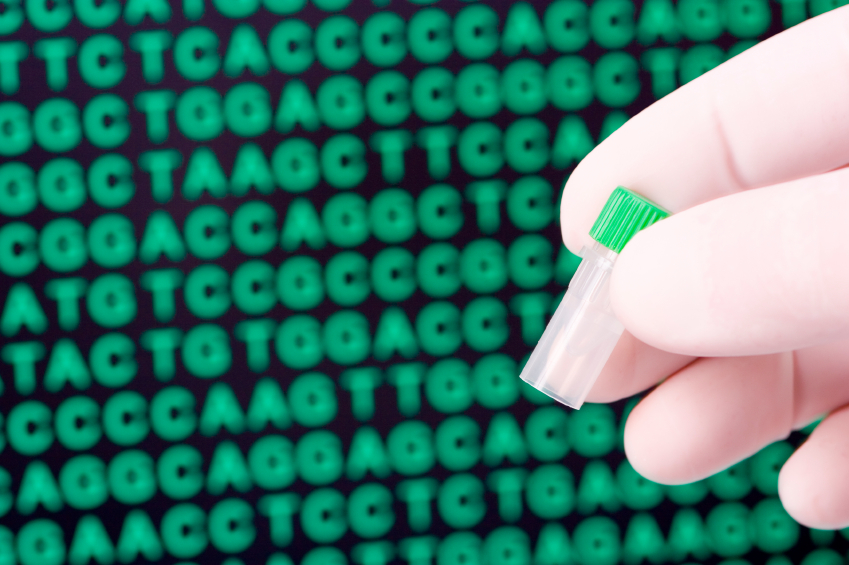As from 1st October 2018, people in England will have access to DNA tests on an unprecedented scale when the NHS becomes the first health service in the world to routinely offer genomic medicine. Hospitals across England will be connected to specialist centres that read, analyse and interpret patient DNA to help diagnose rare diseases, match patients to the most effective treatments and reduce adverse drug reactions. The move marks a major step towards precision medicine, which offers more efficient therapies that are tailored to individual patients.
Under the service, cancer patients will routinely have their tumour DNA screened for key mutations that can point doctors towards the best drug to use in treatment, or to clinical trials for experimental therapies that patients are likely to benefit from when no treatment is currently available. For some diseases such as leukaemia, doctors will have the cancer’s whole genome sequenced to identify the mutations. A procedure will also be used for babies and children who are admitted to intensive care without existing diagnosis.
Beyond its aim to bring patients the most effective treatments that much faster, the NHS hopes to generate a wealth of data on the interplay between DNA, health and lifestyles, which will be used for research into cancer.
The programme will launch in England initially, but discussions are under way with the devolved regions about how they might become involved.
The service will build on foundations laid down by the “100,000 Genomes Project” run by Genomics England, which has already read more than 70,000 genomes with the target expected to be reached by the end of the year.
The genomic medicine service will at first focus mainly on cancers and rare diseases in an attempt to offer tailored treatments but more tests are in the pipeline.
A report published in April on genomics in the NHS by the Commons Science and Technology Committee has nevertheless raised concerns over training, expertise and IT infrastructure, and warns of teething problems.
For further reading:
Genome sequencing – the next routine test for all babies
Extensive genome sequencing programme under way in the UK
The United Kingdom – a leader in genomic medicine?
Will genome sequencing lead to new treatments?
The Guardian, Ian Sample (03/07/2018)

